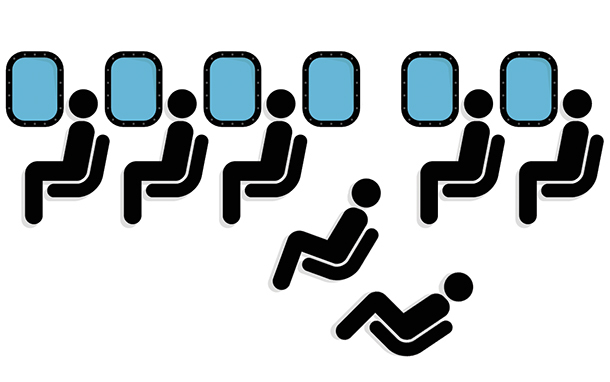You Can’t Educate With Us (On Tone-Policing When Silent)

I called someone a racist this past weekend. And a sexist for good measure.
I don’t have much authoritative experience with the latter as I do the former, and I don’t go throwing around such a title lightly.
I won’t go into the incident, but it was a long string of events that triggered me using the word, and, soon thereafter, people started opening up about some of the latent racist comments said person made. It was revelatory in that I had this hunch for a long time, but, because he’s respected in some of our common circles, I decided to let everything play out, letting karma mete out justice accordingly.
That moment never came, so I handled it myself.
Time and again, I’m faced with having to bring up conversations that made people’s collars tight around their necks. It’s not the happy-go-ISTE convo, the hipster affectations, the “standardized testing” is the devil conversation, or the “new progressives don’t believe in unions” nonsense. It’s the conversation around why we we’re still in the mentality of “saving the children.”
Every time we simultaneously say that we “speak for our children of color” but neither give voice to those children or don’t respect the very adults of color who were in the same seats, we set the foundation for angst, anger, and rage. The thing about discussions about race, sex, and class is that, if you’re the only person of the group most marginalized by the -ism, you almost
